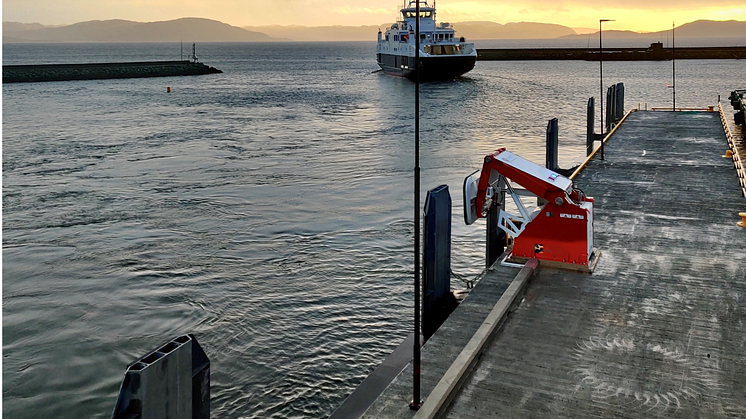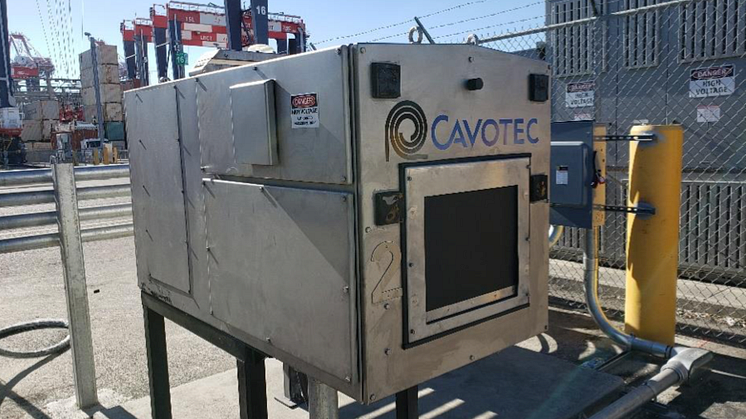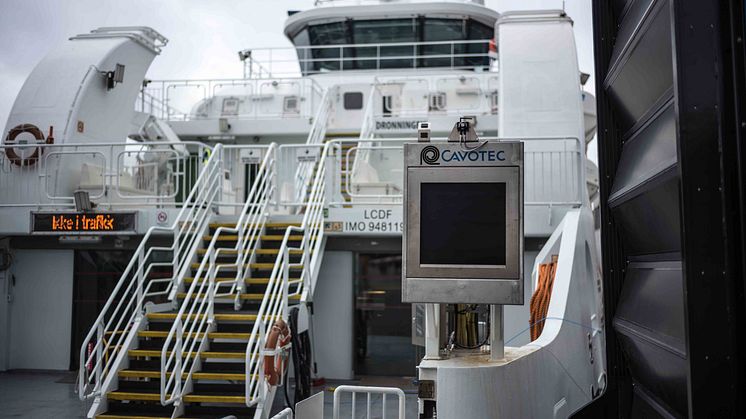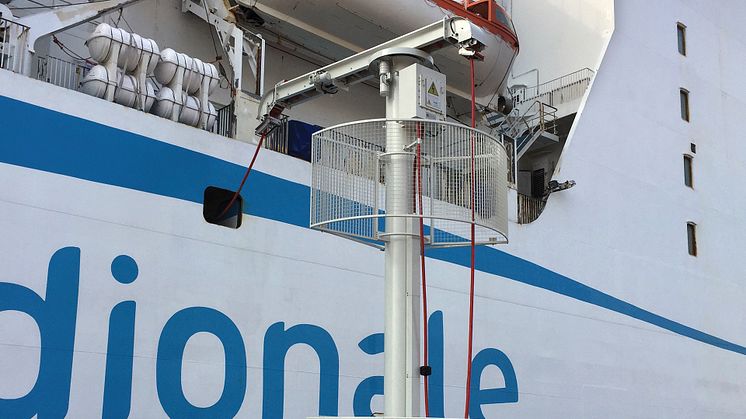
Blog post -
Maritime industry under pressure on emissions
One of the world’s most conservative sectors is now witnessing a fundamental shift as efforts are made to transform its environmental footprint under intense pressure from its stakeholders. Across the maritime industry – typically slow to change – steps are being taken to reduce emissions and operate more sustainably, with the ultimate goal of achieving zero emissions.
It is something of a paradox that although maritime shipping uses of some of the dirtiest fuels available, it is also one of the least emission-intensive ways of moving cargo. Marine freight accounts for approximately 80 per cent of global trade but produces significantly fewer emissions per tonne-kilometre compared to most other modes of transport. Today the sector totally accounts for approximately 3% of global greenhouse gas emissions.
Maritime shipping’s relatively lower emissions, together with its role as the lifeblood of today’s economy, have to a certain extent allowed the industry – at least until relatively recently – to avoid the degree of regulatory pressure that other sectors have faced.
However, in light of the forecasted growth in global trade which would see the sector become more polluting if nothing is done, and amidst growing public concern over health, regulatory pressure is increasing around the world.[i], The sector’s attitude has therefore been changing fast – a change enabled, in part, by technological innovation. A desire to co-ordinate action has also been apparent in a flurry of ambitious initiatives such as the Getting to Zero Coalition, (a partnership between the Global Maritime Forum, the Friends of Ocean Action, and the World Economic Forum), and shipping giant Maersk’s involvement in Transform to Net Zero[ii].
THE RACE TO ZERO
“Initiatives such as these indicate a genuine shift in the industry and a desire to achieve significant progress. While many companies are introducing long-term zero emission horizons – with 2050 being a common target date – there’s also a strong desire to achieve gains in the short term,” says Nicklas Vedin, Product Manager for Cavotec’s vacuum mooring technology, MoorMaster™.
“Every day, maritime companies across the world are finding ways to quickly reduce their environmental footprint by investing in proven sustainable technologies such as shore power, and vacuum mooring,” Vedin continues. “Just last year several Baltic ports procured MoorMaster™ systems primarily to save time when berthing a ship thereby enabling them to cruise slower between port calls which saves fuel and reduces the environmental impact. In addition, the port itself achieves productivity improvements and improved work place safety as slow and dangerous manual work is replaced by automation. An example of what we at Cavotec call Profitable Sustainability.”
While a variety of fuel alternatives continue to be considered as the most viable way to power ocean-going vessels with zero-emissions – including ammonia, hydrogen, methanol, and ethanol – no clear solution has yet emerged. However, significant progress has been made with smaller vessels serving shorter routes.
SMALL VESSELS, BIG PROGRESS
“This is where we’ve seen progress running ahead of the industry,” Vedin notes. For example, in Norway, as part of its pledge to get the country carbon neutral by 2030, the government is backing the introduction of electrically powered ferries on the large number of short passenger and vehicle crossings there.”
“This has really powered innovation in the industry. For example, it helped enable the introduction of the world’s first electric car and passenger ferry, the Ampere, in 2015. We’re delighted to be part of this process. We’re now delivering 20 fully automatic charging systems that connect ferries to electrical power at the quay to charge their batteries, and some 50 MoorMaster™ vacuum mooring systems to reduce total energy consumption,” says Vedin.
“The industry is clearly charting a path towards zero emissions, and it already has various tools at its disposal to achieve that. Considerable progress has been made – but there’s still a lot to be done,” he adds.
[i] In August, for example, the California Air Resources Board added car carriers and tankers to its list of vessels required to connect to shore power: https://shipandbunker.com/news/am/421365-california-air-resources-board-extends-shore-power-requirements. And in July, the EU announced its intention to add shipping emissions to its carbon emissions trading scheme: https://container-news.com/eu-seeks-to-impose-ets-on-shipping-by-january-2022/
[ii] Maersk among big names including Unilever and Microsoft in new net zero initiative: https://splash247.com/maersk-among-big-names-including-unilever-and-microsoft-in-new-net-zero-initiative/



